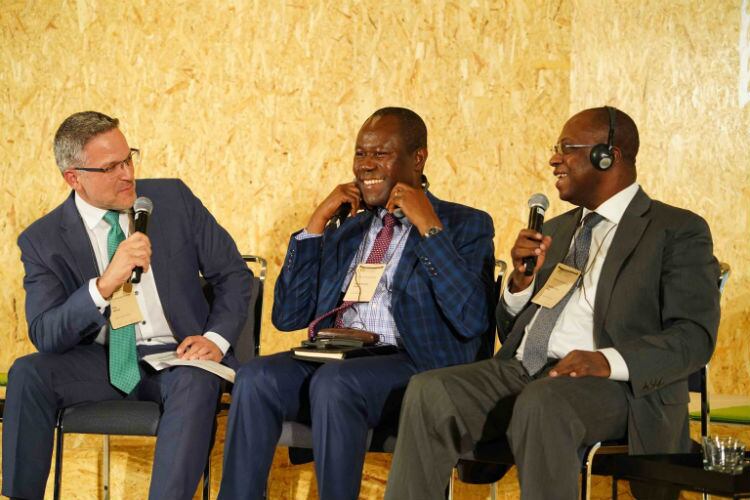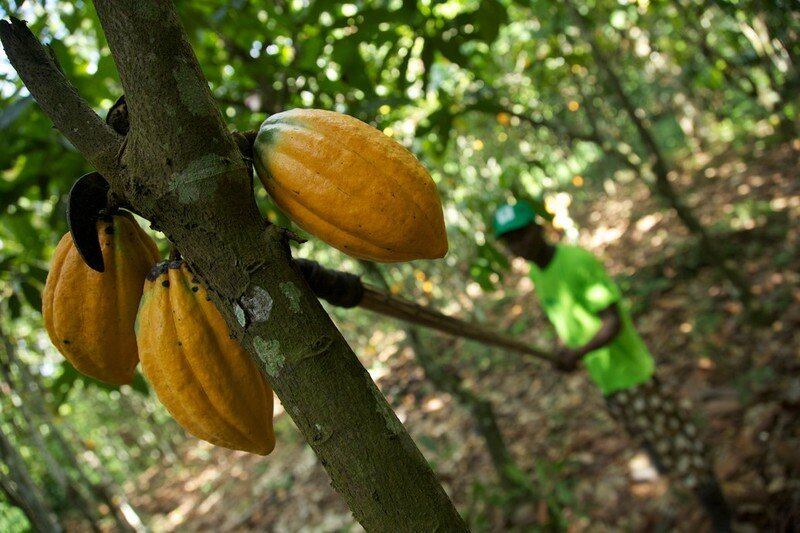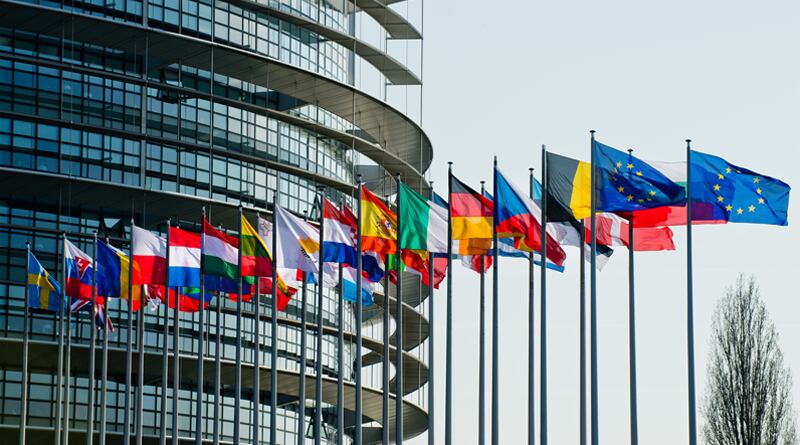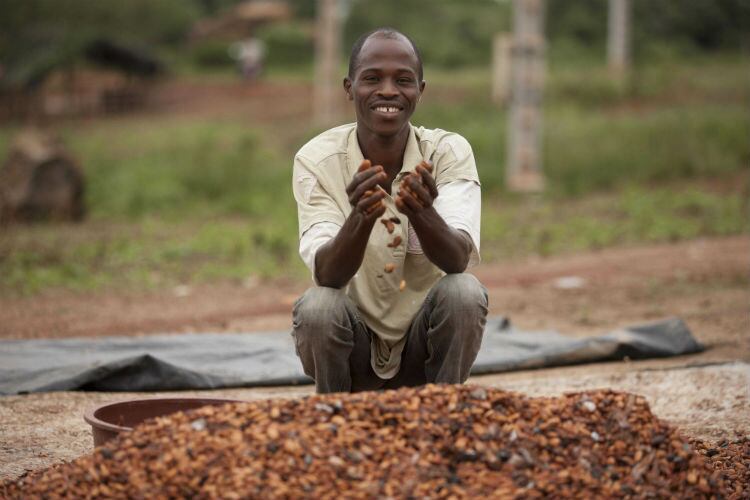Cote d’Ivoire and Ghana, the worlds two largest cocoa growers, issued a joint statement at the recent World Cocoa Foundation Partnership Meeting in Berlin claiming the proposed living income differential (LID) is to permanently stay and would co-exist and complement chocolate companies’ sustainability and certification programs.
Earlier this month, the two countries reportedly become frustrated by the response from companies to its $400 LID in July on all cocoa sales for the 2020/21 season - and had threatened to suspend sustainability schemes that companies including Mars Wrigley, Mondelez, Barry Callebaut, Hershey’s and Nestlé have invested heavily in as a response to pressure from consumers for ethically sourced chocolate.
Le Conseil du Café Cacao and Ghana Cocoa Board, representing Cote d’Ivoire and Ghana, said that after engagement with industry players in the cocoa value chain, “we therefore announce that the LID and the sustainability programs would co-exist and complement each other. Cote d’Ivoire and Ghana will continue with the implementation of sustainability and certification programs.”
Abidjan Declaration
In a specially convened meeting in Berlin with Joseph Boahen Aidoo, chief executive of the Ghana Cocoa Board and Yves Brahima Koné, director general of the Conseil du Café Cacao, to discuss the achievements of the Abidjan Declaration in the past year, they told the audience: “We shall monitor and evaluate the complementary co-existence of the LID and sustainability programs being implemented in our respective countries to decide on them, going forward.”
Moderator Tim McCoy from the World Cocoa Foundation said the Abidjan Declaration had been a considerable ‘driver of change’ for the West African cocoa sector since it was signed in March 2018 and reaffirmed their willingness to define a common strategy, collaborating more closely, with a view to finding a lasting solution to improving the prices received by cocoa producers in their respective countries, combatting fluctuations on the global market.
Prices plummeted by 40% in 2017 and McCoy said the decrease had had an adverse impact on incomes of the countries’ small cocoa farmers as well as budgetary revenues of Ghana and Cote d’Ivoire. Regarding the cocoa economy, both countries account for 60% of the world supply. The Abidjan Declaration was established for the two countries to commit themselves to harmonizing their cocoa marketing policy.
Ground zero
Aidoo said company sustainability programs has been running in their countries for 20 years, “and we are still at ground zero when it comes to grappling with child labor and deforestation – so what happened? The situation is getting worse because sustainability programs only touch on just a section of all the multitudes of partners that are involved in the production of cocoa.”
He said the LID will go directly to the farmers, and will improve their income, it is here to stay, and it will work together with certification programs.
The two countries plan to use funds raised from LID to guarantee farmers receive 70% of a $2,600 a ton free-on-board target price for cocoa and if global prices rise above $2,900, proceeds from the LID will be placed in a stabilization fund that would be used to ensure farmers get the target price when market prices fall.
Aidoo also said the EU has to tread cautiously with any regulatory framework. “When you talk about chocolate and cocoa, dairy products are more of a threat to the environment … so if you are going to regulate on cocoa, is the EU also going to regulate on dairy products?”




